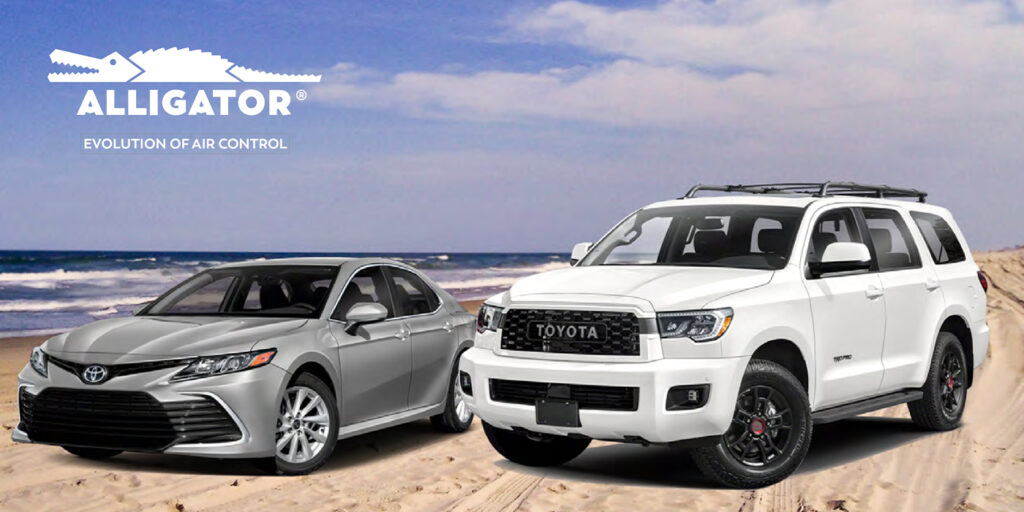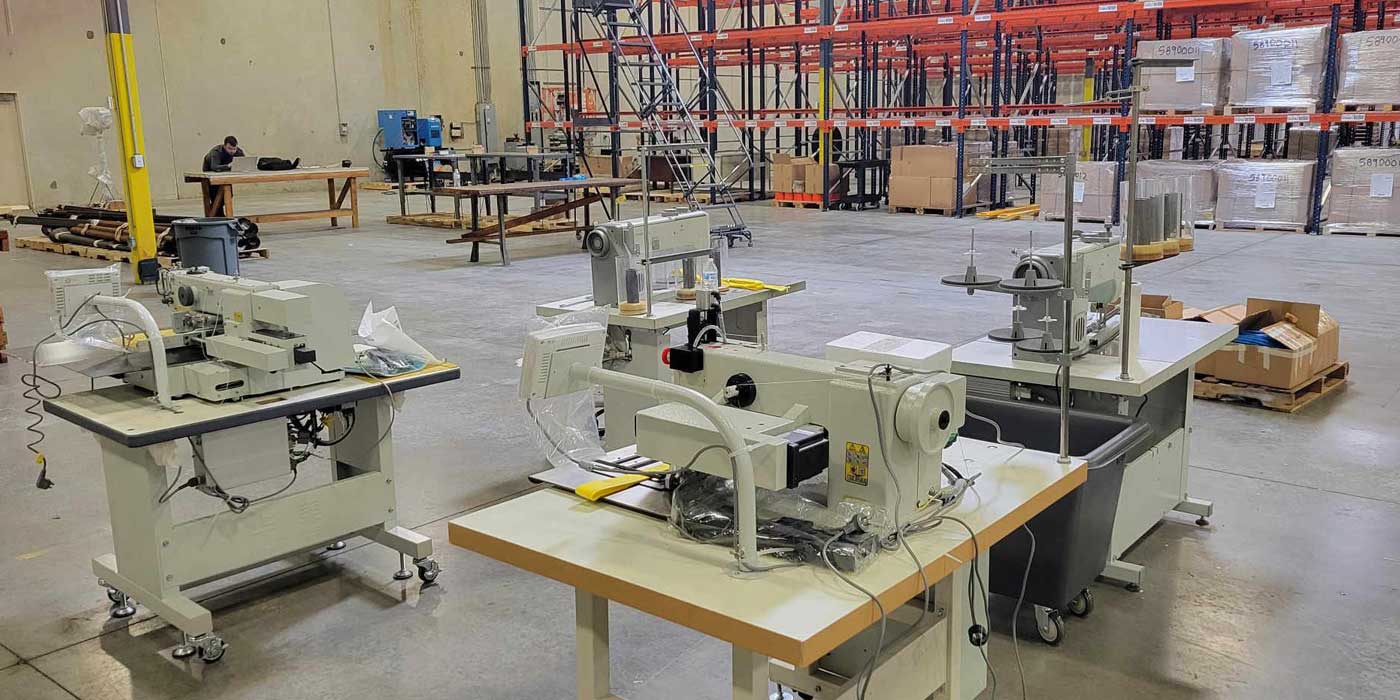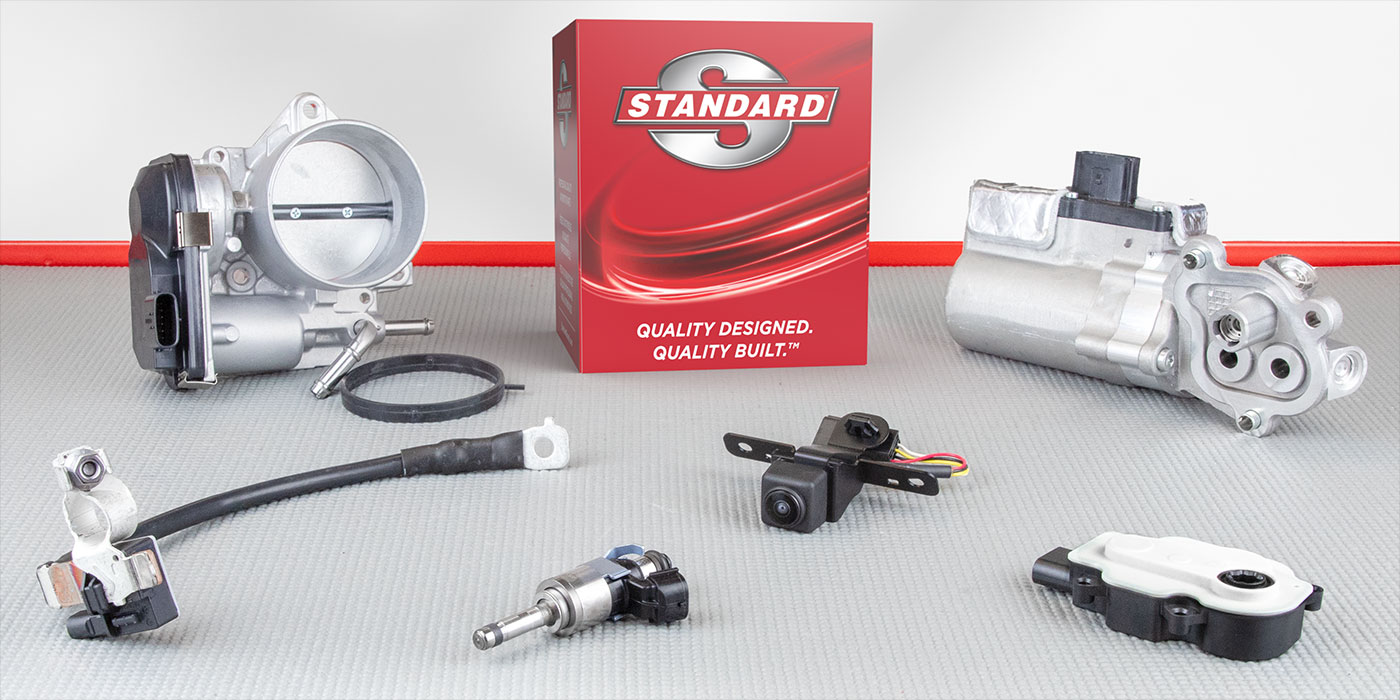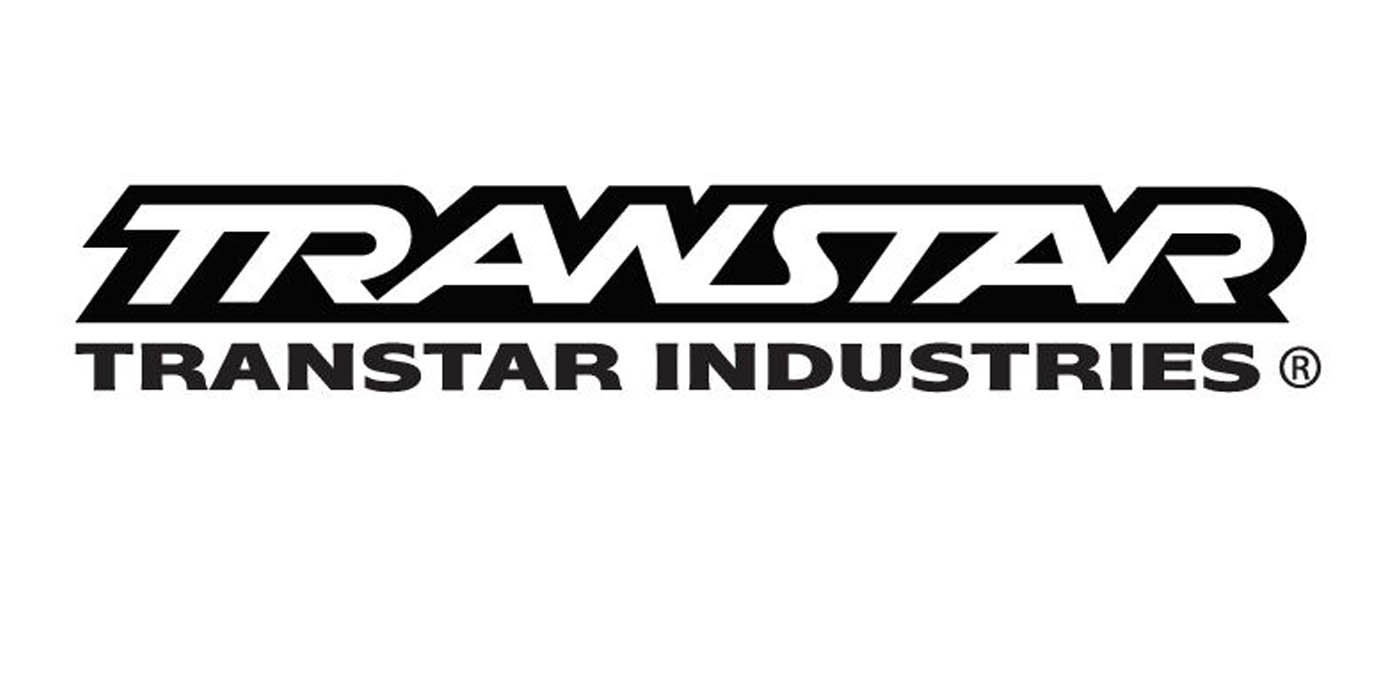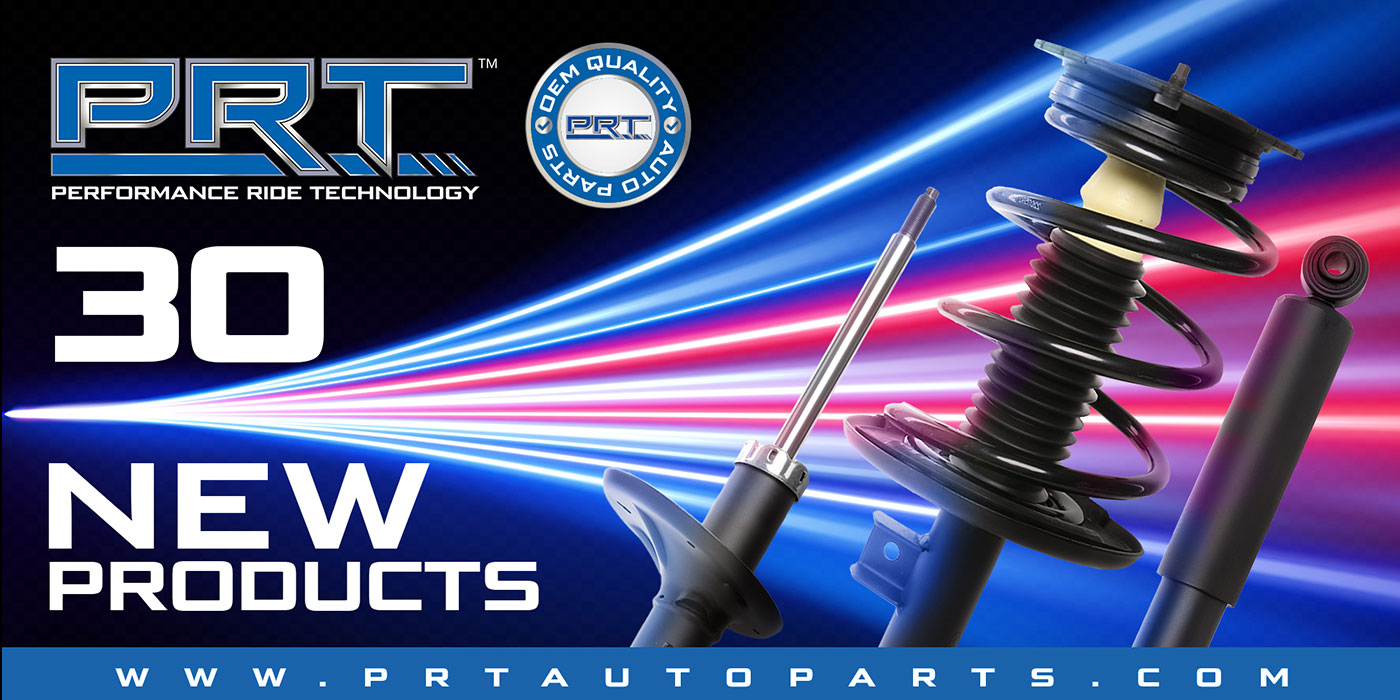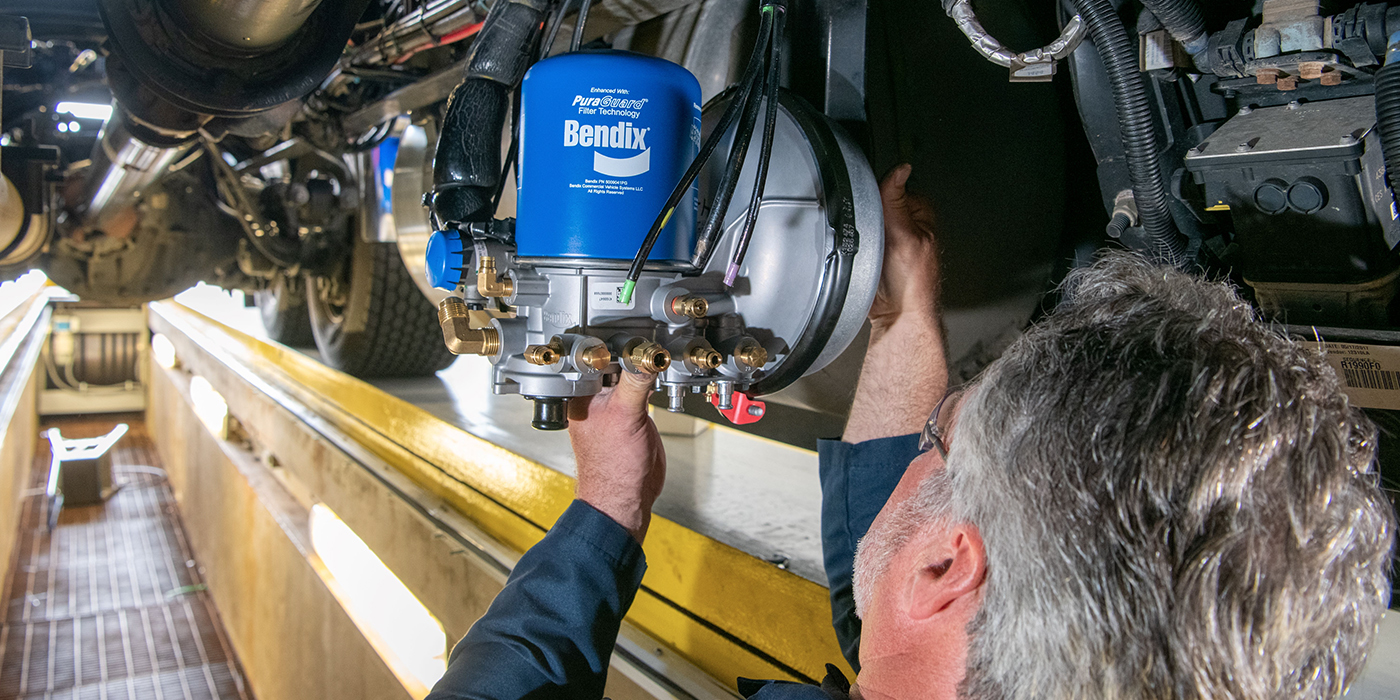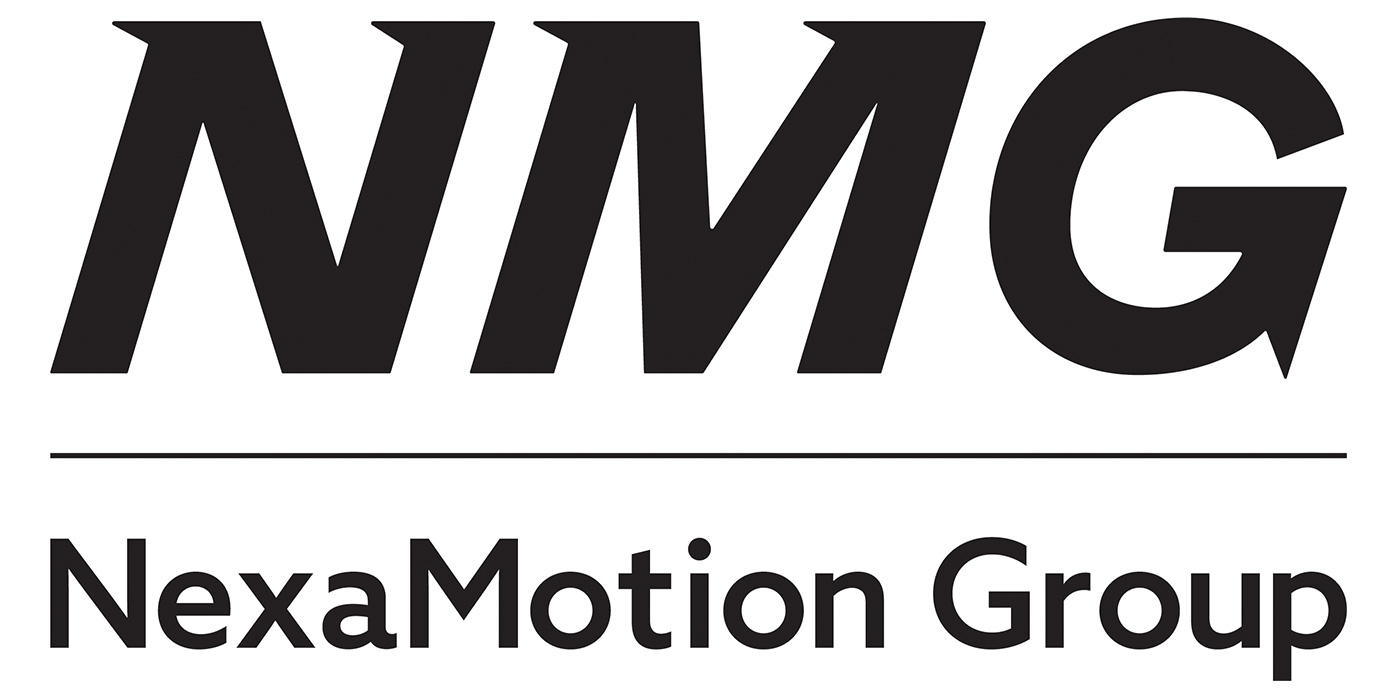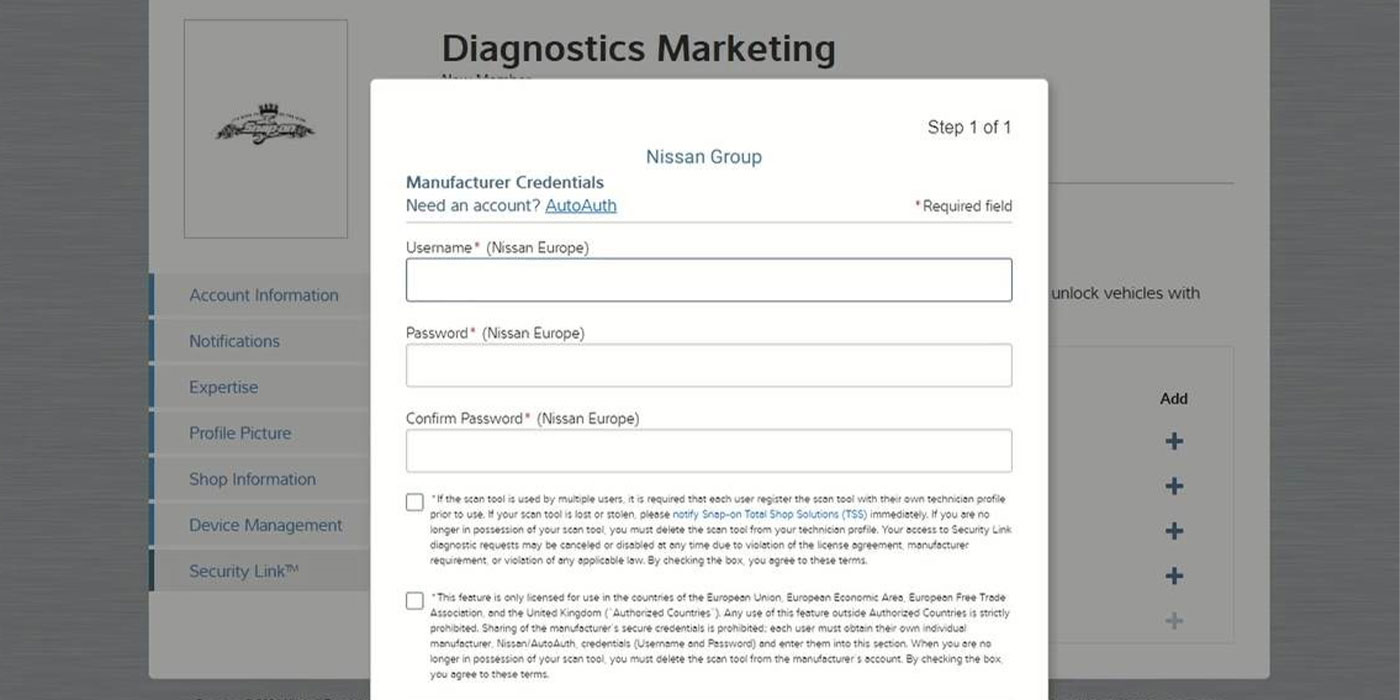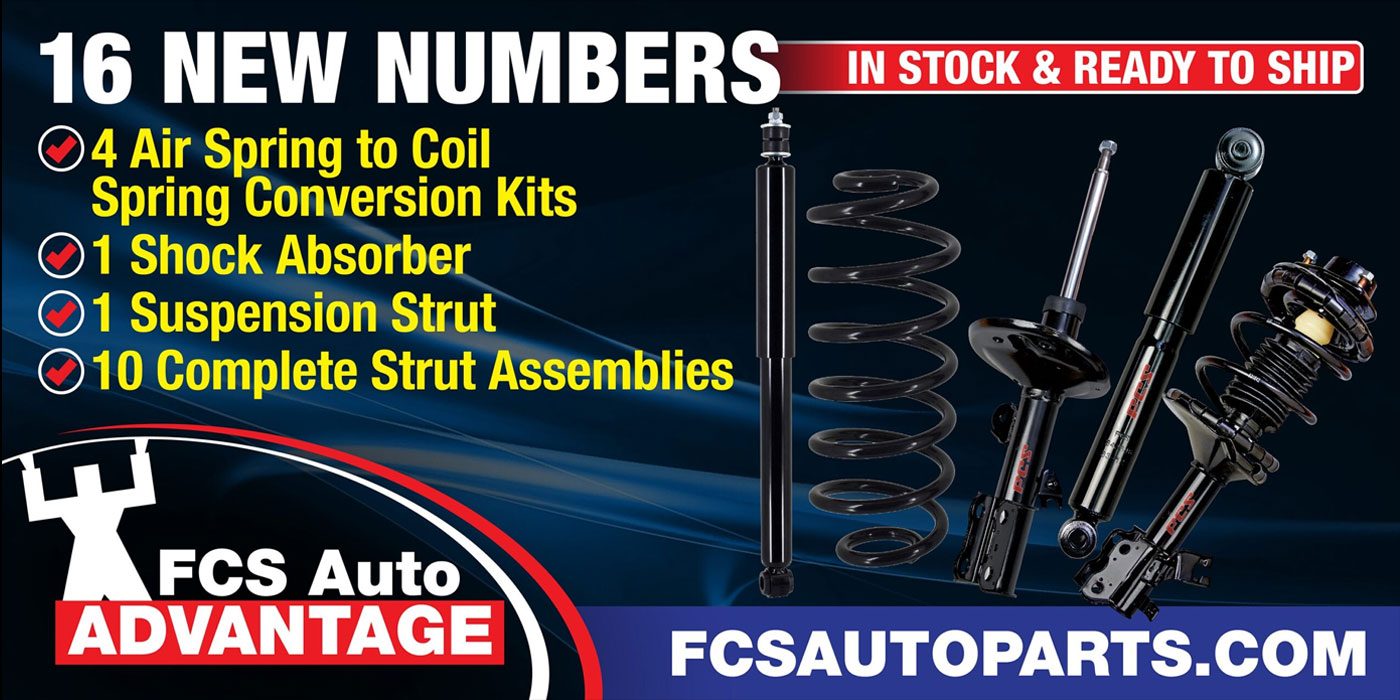Alligator sens.it RS universal TPMS sensors are now compatible with the TPMS auto-learning feature on select Toyota models that come equipped with OE sensors made by Pacific and TRW (Camry, Sequoia, Tundra, etc).
Customers are encouraged to check the owner’s manual to ensure that the vehicle is equipped with that feature and for more information.
Typical TPMS auto-relearn process for the new Toyota models:
- Start the engine
- Press the TPMS reset button 3 times: the low-tire pressure warning light should blink three times, and the dash display might show a message indicating that learning has been enabled.
- Start driving: the warning lamp should blink for 1 minute then light up solid, and the tire display will show dashes.
- Drive continuously until the warning light turns off and the tire display shows nominal values for each corner. (the process might take 10-30 minutes to complete)
The new feature is especially helpful for DIYers who install wheels themselves but don’t have access to a scan tool for new sensor ID registration and for wheel shops that rely on the end-users to handle the TPMS learning process.
When replacing OEM sensors with aftermarket sensors, Wegmann says it will continue to add value to the RS series TPMS sensors from Alligator by adding coverage for new vehicle applications and features so that the product never goes obsolete. Regardless of the tool you use to program your Alligator TPMS sensors, these new vehicles should be available for programming after you complete the latest update.

